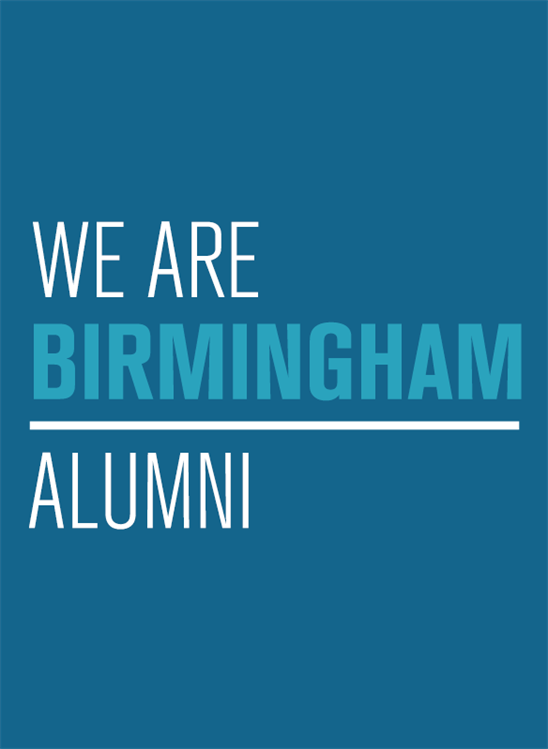MEng Nuclear Engineering, 2017
PhD Researcher in Irradiation Damage, University of Birmingham
I am currently in the second year of my PhD studying irradiation damage in nuclear fission and fusion materials through advanced scattering techniques. My research essentially aims to answer questions about the behaviour of materials in high-dose reactor environments, with a focus on the mechanisms of damage as a result of neutron irradiation.
This is particularly important when we consider the life extension of current nuclear reactors, and the development of generation IV fission reactors and new build fusion reactors such as ITER. My main focus is on using neutron and x-ray scattering to investigate irradiation induced precipitation in WRe plasma facing fusion materials, and thermal ageing effects in high-Ni reactor pressure vessel steels.
What is the best thing about what you are doing now?
The fundamental requirement of my work is to propose experiments to international neutron and synchrotron facilities, where I collect advanced scattering data and collaborate with researchers on exciting projects. The best thing about travelling is that each experience is an opportunity to broaden my knowledge and uncover novel things about our materials in new places.

How has your career developed since graduating from the University of Birmingham?
My degree has given me a great foundation of knowledge of the materials and physics of nuclear power systems, which I have used as base for my PhD research. Through my degree I have gained practical skills that I apply in my job every day; moreover, it has taught me how to think outside of the box, which is crucial for a researcher trying to solve unanswered questions.
What motivates you?
I am motivated by a passion for the engineering and physical feats accomplished by the global nuclear industry and the subsequent challenges that are faced and need addressing. I love working as a team with other researchers towards this common goal and so I find my work very rewarding and motivating.
Why did you originally apply to Birmingham?
I fell in love with the campus and the buzz of the city itself. It is such a great juxtaposition of busy city life and beautiful green open spaces! I was also impressed by the range of scientific facilities available at the University.

What are your fondest memories of the University?
I loved the whole student environment provided by the University. I have made friends for life through my experiences, and I even met my husband on the nuclear engineering course! I would thoroughly recommend getting involved in the wide range of societies and sports clubs available. I even loved it so much that I decided to stick around for four more years.
How did you grow as a person by coming to University?
I will always thank the University of Birmingham for giving me great friends and a great environment in which I could start my adult life. I have learnt so much from the independence that comes with being a student, and the hardships faced along the way have only made me stronger as a person! When I graduated I felt ready and prepared to tackle the adult world and I owe that to all my friends, my husband, and the staff that supported me along the way.
What did you think of the learning experience within the University?
The nuclear-focused modules which are explored in more depth in the third and fourth years have been invaluable in shaping my career. They have provided me with a relevant understanding of nuclear reactors and, more importantly, showed me how to apply my knowledge in a practical sense. This is so important for anyone who is joining the nuclear industry, both from an academic and industrial standpoint.
What inspired you most during your time as a student?
I was mostly inspired by the academics and their passion for the subjects they teach. They made my passion for the nuclear industry even stronger and are responsible for where I am today.
Number one tip from Ellie
“Make sure you get the balance of working and socialising. It can be so easy to tunnel into one and neglect the other, so join a club, say yes to that trip to the pub, and don't forget to get up for your morning lectures! Also, remember to take advantage of the career services the University offers because they are free and really helpful for your personal and professional development.”
You could inspire our students